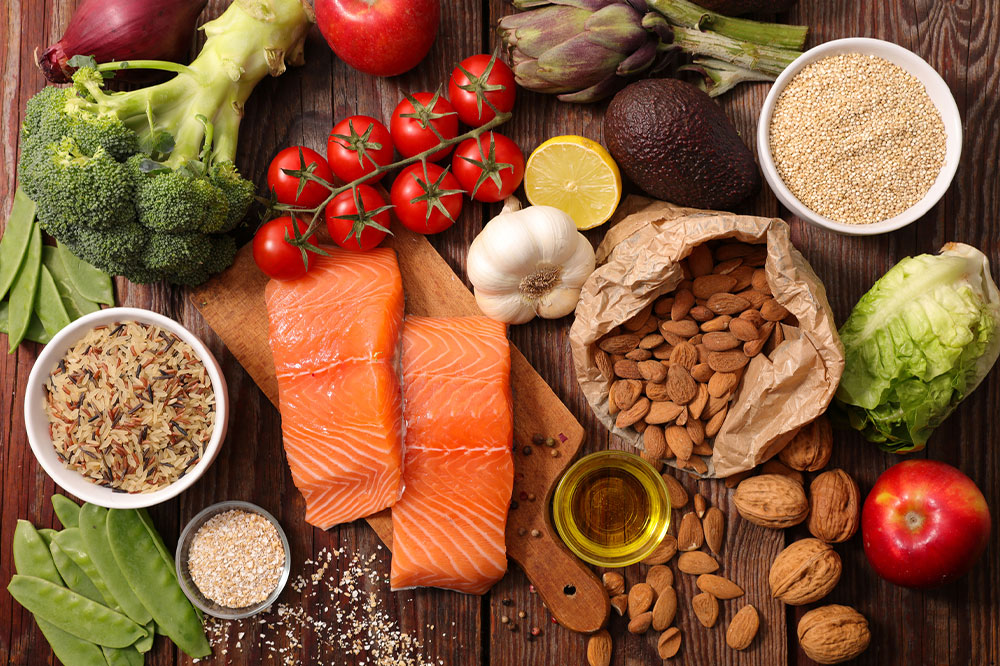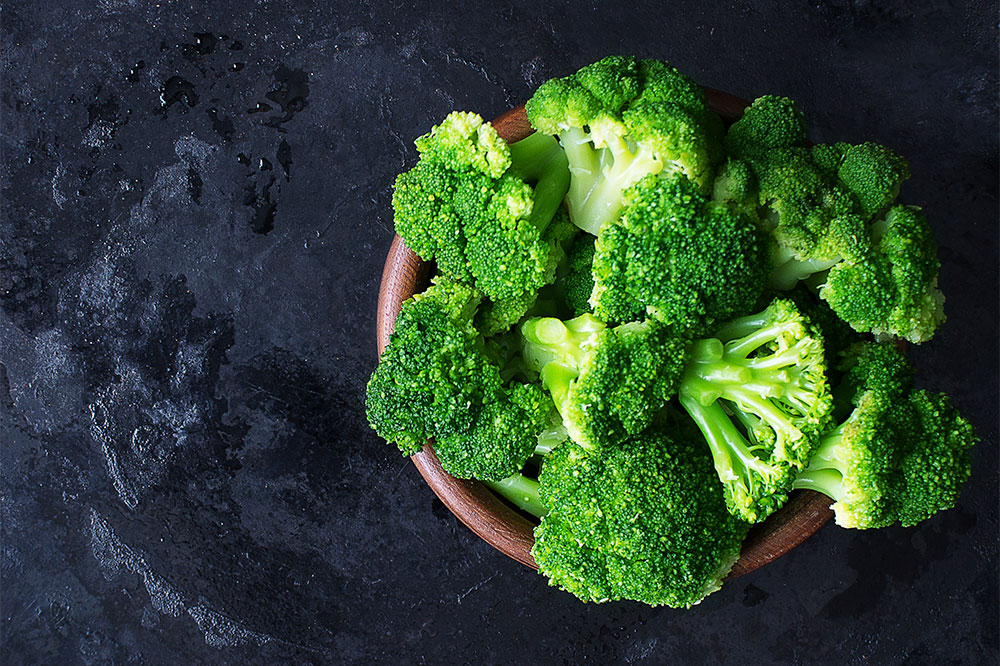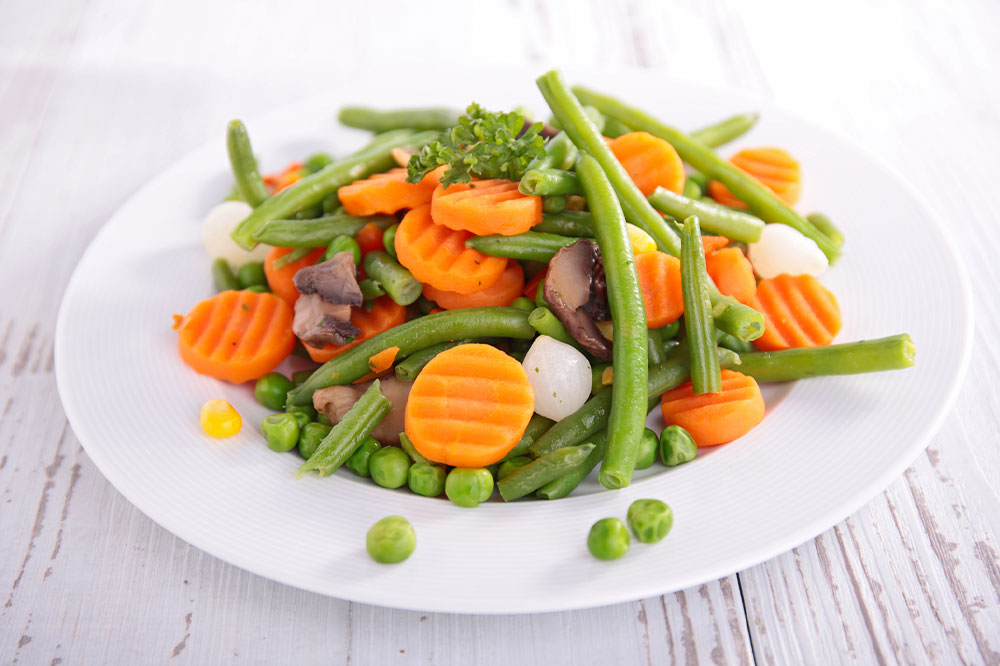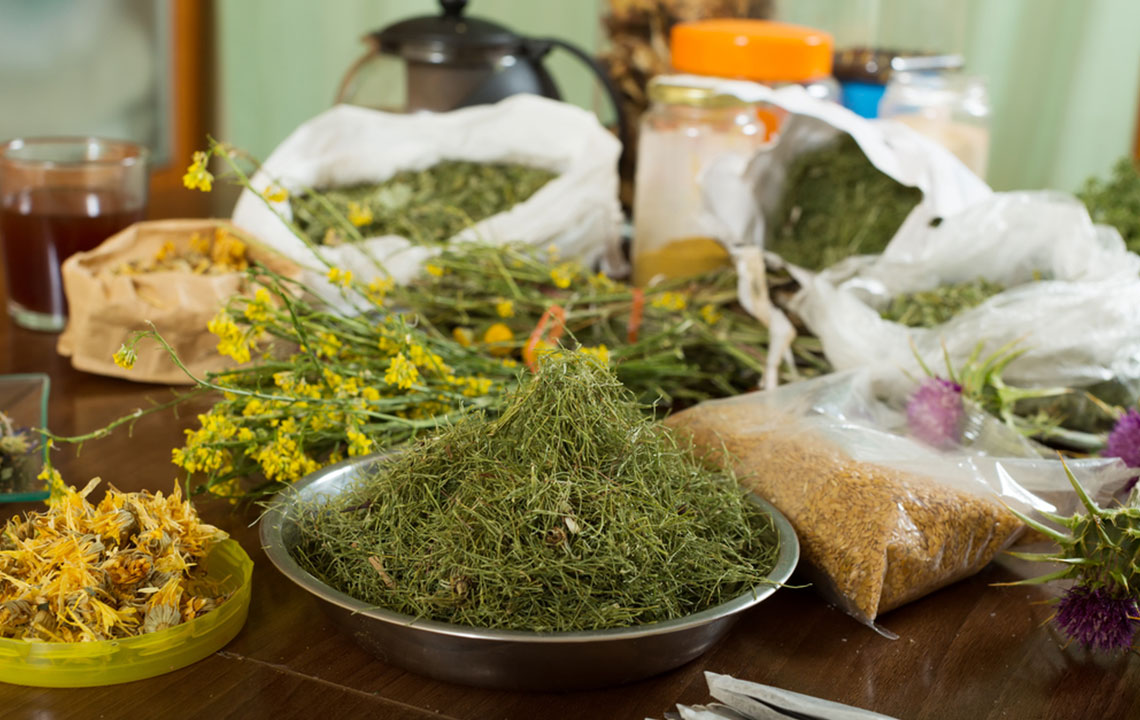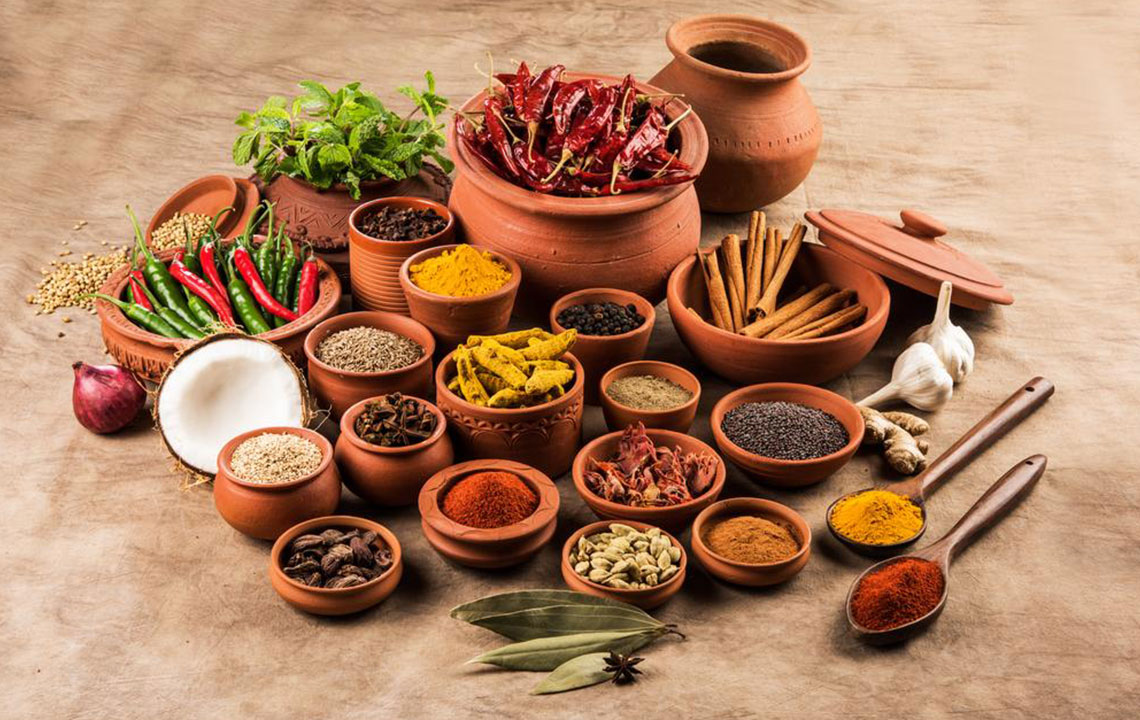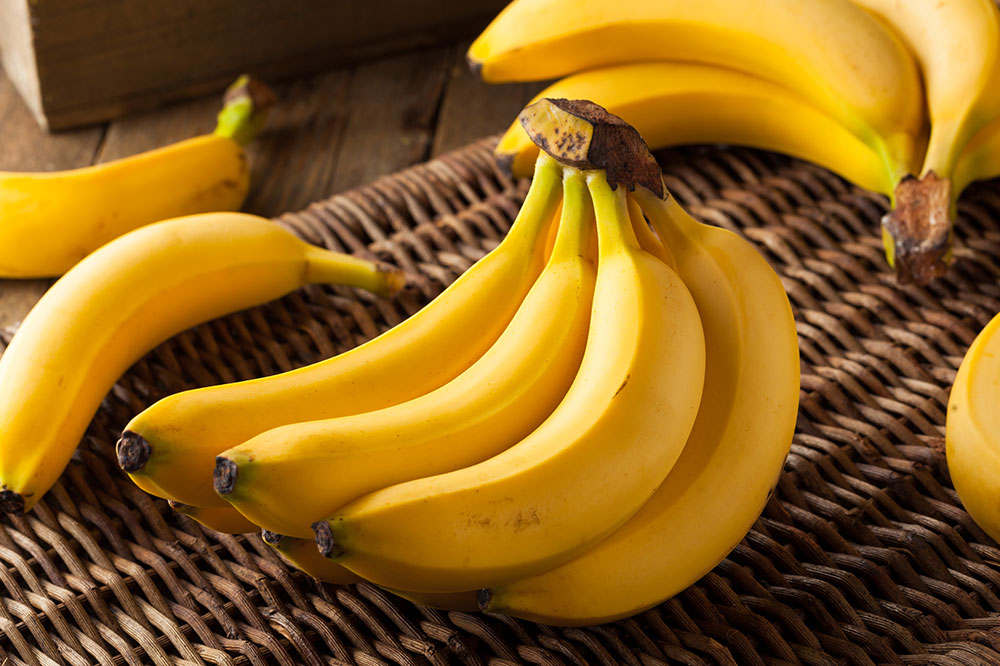Seven Nutritional Foods That May Help Reduce Cancer Risk and Advances in Cancer Treatments
This comprehensive article discusses seven foods that can help lower the risk of cancer, including berries, garlic, tomatoes, and cruciferous vegetables, supported by scientific research. It also explores recent advancements in cancer treatments such as targeted therapies, immunotherapies, and innovative drugs that are transforming patient care. Emphasizing the importance of diet alongside medical progress, the article provides insights into how nutrition and science are working together to combat cancer effectively in today's world.
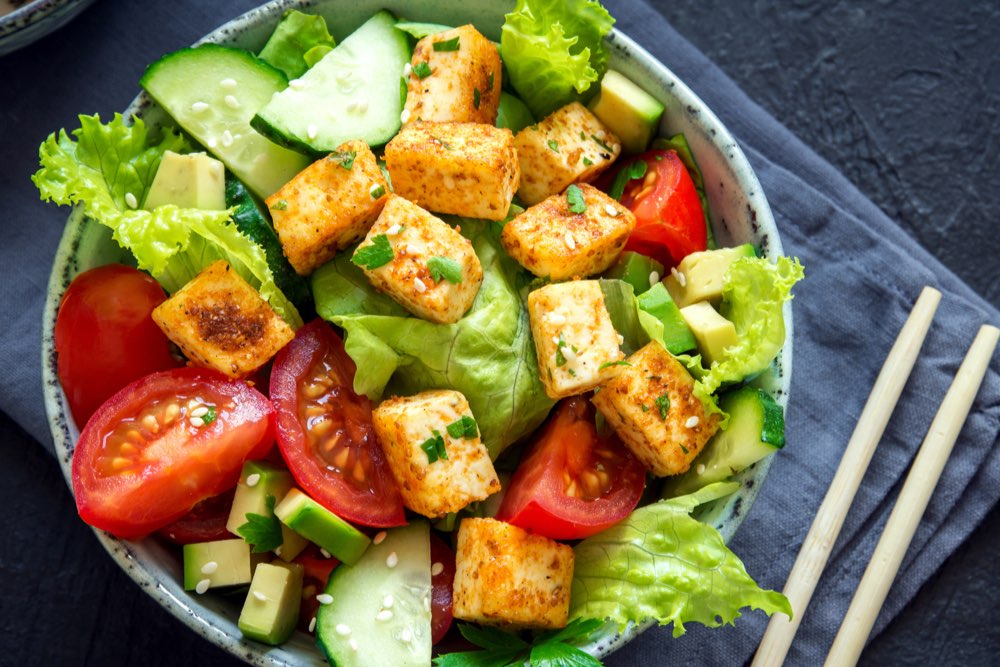
Seven Nutritional Foods That May Help Reduce Cancer Risk and Advances in Cancer Treatments
In today’s fast-paced modern society, our diet choices have become more crucial than ever in maintaining health and preventing chronic diseases. With the widespread availability of processed foods loaded with unhealthy fats, excess sugar, and preservatives, making mindful dietary choices is essential for long-term well-being. Proper nutrition not only supports overall health but may also play a significant role in reducing the risk of developing serious illnesses such as cancer. While no single food can guarantee cancer prevention, research suggests that incorporating specific fruits and vegetables into your daily diet can significantly lower your chances of developing certain types of cancer.
This comprehensive article delves into seven foods that have demonstrated potential in lowering cancer risk, supported by scientific findings. Additionally, we explore the latest advancements in cancer treatment options, showcasing how innovations are transforming patient outcomes and offering hope for more effective therapies.
Top 7 Foods That May Reduce the Risk of Cancer
1. Berries: Nature’s Cancer Fighters
Berries such as blackberries, strawberries, blueberries, and mulberries are nutritional powerhouses packed with essential vitamins and minerals. Rich in vitamin C, folate, potassium, and manganese, berries are known for their high antioxidant content. Antioxidants like ellagic acid, gallic acid, and chlorogenic acid have been extensively studied for their anti-cancer properties. These compounds help neutralize free radicals, which can cause cellular damage leading to cancer. Incorporating a variety of berries into your diet can bolster your immune defenses and potentially lower the risk of certain cancers, including breast, colon, and skin cancers.
2. Garlic: A Natural Ally in Cancer Prevention
Garlic has been revered for centuries for its medicinal properties. Its active compound, allicin, has been linked to a decreased risk of stomach, colon, and other gastrointestinal cancers. Allicin exhibits antimicrobial, anti-inflammatory, and antioxidant effects, which can inhibit the growth and spread of cancer cells. Consuming garlic regularly, along with other allicin-rich vegetables like onions, leeks, and shallots, can enhance your body’s ability to ward off cancerous transformations in cells. Studies have shown that populations with high garlic consumption tend to have lower incidences of certain cancers, making it a valuable addition to a health-conscious diet.
3. Tomatoes: The Superfood for Cancer and Heart Health
Tomatoes are often dubbed a superfood due to their rich profile of beneficial nutrients. The primary compound responsible for their anti-cancer effects is lycopene, a potent antioxidant that has been shown to significantly reduce the risk of prostate, stomach, and lung cancers. Besides lycopene, tomatoes are abundant in vitamins A, C, and E, all of which contribute to cellular health and immune support. Regular consumption of tomatoes, whether raw or cooked, can help in the prevention of cancer development and improve overall cardiovascular health.
4. Grapes and Citrus Fruits: Protecting Digestive and Respiratory Systems
Grapes, along with citrus fruits like lemons, limes, and oranges, are rich in bioflavonoids, vitamins, and antioxidants that help protect against DNA damage and reduce inflammation. Epidemiological studies have linked the consumption of grapes and citrus fruits to lower risks of digestive tract cancers, including stomach and pancreatic cancers. These fruits contain compounds that support detoxification pathways in the body, thereby helping eliminate carcinogens and reduce cancer risk over time.
5. Cruciferous Vegetables: Broccoli and Its Peers
Broccoli, cauliflower, Brussels sprouts, and cabbage belong to the cruciferous vegetable family, renowned for their powerful anti-cancer effects. These vegetables contain glucosinolates, sulfur-containing compounds that produce biologically active enzymes called isothiocyanates when broken down. Isothiocyanates help detoxify carcinogens, inhibit cancer cell proliferation, and induce apoptosis (programmed cell death). Regular intake of cruciferous vegetables has been associated with a reduced risk of breast, lung, and colorectal cancers, making them an essential part of a cancer-preventive diet.
6. Apples: A Daily Dose of Fiber and Vitamin C
Apples are a convenient and delicious way to boost your intake of dietary fiber, vitamin C, and other antioxidants. Fiber supports digestive health and may reduce colon cancer risk by promoting regularity and eliminating toxins. Vitamin C, a powerful antioxidant, helps protect cells from oxidative stress and supports immune function. Additionally, apples contain phytochemicals like quercetin, which exhibit anti-inflammatory and anti-cancer properties. Including apples in your daily diet can contribute to overall health and may lower the risk of developing certain cancers.
7. Carrots: Protecting Cells with Beta-Carotene
Carrots are rich in beta-carotene, a precursor to vitamin A, which plays a vital role in maintaining healthy skin, vision, and immune function. Beta-carotene also acts as an antioxidant, shielding cells from toxins and preventing DNA damage that could lead to cancer. Research suggests that consumption of carrots and other orange-colored vegetables may slow the progression of cancer cells and boost the body’s natural defenses against tumorous growths. Their high content of vitamin K and calcium further supports bone health and recovery during treatment.
Current Advances in Cancer Treatment Options
While preventive nutrition plays an essential role in reducing the risk of cancer, ongoing research continues to develop more effective therapies for active cancer treatment. Modern medicine has made significant strides with targeted therapies, immunotherapies, and innovative pharmaceuticals designed to attack cancer cells while sparing healthy tissue.
For example, medications like Ibrutinib have emerged as targeted treatments for certain blood cancers, including lymphomas and leukemias. These drugs work by inhibiting specific proteins involved in cancer cell growth. Similarly, Xofigo® (radium 223) is a radiopharmaceutical used to treat bone-metastatic prostate cancer by delivering targeted radiation directly to cancerous bone lesions. The advent of CAR T-cell therapy represents a breakthrough in immunotherapy, where immune cells are genetically engineered to recognize and destroy cancer cells effectively.
Other promising treatments include novel drugs like Carfilzomib, Fostamatinib, and emerging immunotherapies utilizing mRNA technology and monoclonal antibodies. Researchers are exploring BCMA-targeted therapies, especially for multiple myeloma, which has shown considerable promise in clinical trials. These advances exemplify the continual progress in oncology, offering new hope for patients battling various cancer types. The future of cancer treatment lies in personalized medicine, combining these therapies with early detection and prevention strategies to improve survival rates and quality of life.
